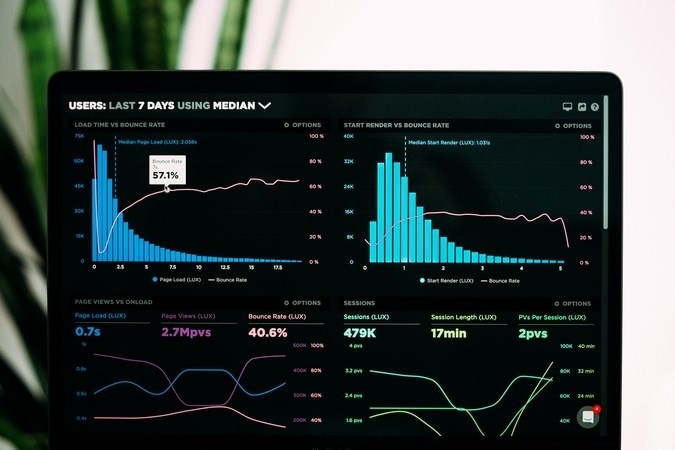7 Reasons why your Website Traffic is Dropping
Website traffic is critical for any business, especially small business and startups. This is how leads and sales are generated, and any consistent visitors are repeat, loyal customers. Therefore, when your website traffic drops, or has not picked up at all, business owners will be wondering why.
Why is my website losing traffic?
Here are some of the most common reasons for traffic issues so that the problems can be fixed.
1. Link penalties
Using spammy or outdated link strategies will cause your website to be penalised by search engines.
Ensure that your website fulfills Google's requirements by taking your time to build a high-quality link building strategy to increase organic search traffic.
This can be done by:
- Writing interesting content on your website, and then promoting it on social media so that people can find it. Content will drive traffic to your site.
- Get cited in news articles or online by using PR.
- Fix broken links - add valuable and new ones.
2. Algorithm updates and trends
A decline in website traffic could be caused by an algorithm update. Google is always looking for ways to improve strategies and results, which often leaves some websites negatively effected.
Algorithm updates leaves business owners inputting tactics which would normally work when in fact, they have become invalid. This results in the website failing to appear on search results.
To check if your website has been penalised by a new update, compare the search results on two different search engines. Does it show up on one but not the other?
3. Page speed
This affects user experience. Nobody likes to wait a long time for a webpage to load, therefore if your page takes longer than 3 seconds to load, you're going to get a higher bounce rate - telling Google that people don't want to see your content.
To fix a slow page, check the elements. Does a particular element take a long time to load? Try updating it or removing it completely and see if this resolves the issue. Files or elements which are large decrease speed dramatically.
To check the speed of your pages, use Googles PageSpeed Insights
4. Website changes
It's not unusual to update the appearance of a business website. Making improvements and adjustments can influence traffic and performance. Generally, redesigns affect page speeds and load time.
A few suggestions to check:
- Are all images loading properly?
- 301 redirects are properly mapped out
- Is the content suffering any issues?
- Inbound link structure works on your new website
5. Traffic source
Many forget that website traffic not only means the amount of visitors, but also the number of pages a user has clicked and how much time they spent on each one. This enables you to see which pages are the most popular, and which ones need improvements.
Traffic can come from:
- Social media - Facebook, Twitter, etc.
- Referrals
- Email marketing
- Direct traffic - a user typing in the URL to address bar
- Organic search
- Paid search
It is a good idea to look at which source has the highest engagement and conversion rate, and continue to invest in that particular source. A source that works for one business may not work for another business.
Traffic can also be affected by changes happening to these sources. For example, if Facebook changes how links are treated.
6. Competitor improvement
Remember to know your competitors, and keep an eye on them. It may be possible that they are improving, or doing a better job than you, leading to a dip in your rankings and web traffic.
Find out what improvements competition has made, so that this can then be replicated by your website. It is also possible to use backlink tools to discover if they've had an increase of traffic.
7. Duplicate Pages
Search engines, such as Google, have the ability to pick up on content which is similar across multiple different domains. A result of this is that Google penalises your website and, in the worst cases, it no longer appears in search results.
Although, this is not always seen as deceptive, therefore is not always a negative effect.
The penalty comes when the content is deliberately used to increase traffic and manipulate rankings because search engines prefer diversity - not duplicate content.
Put in the work
A successful website with a good flow of web traffic takes a lot of time and effort to create.
By attempting shortcuts, you're more at risk to be penalised by search engines, which will in turn decrease your traffic and rankings, or even causing your site to be removed from results entirely.
THEDIRECTORSCHOICE.COM has a panel of marketing agencies which can assist your business with website and SEO requirements. Find suitable marketing agencies for your business by tailoring them to your needs.



